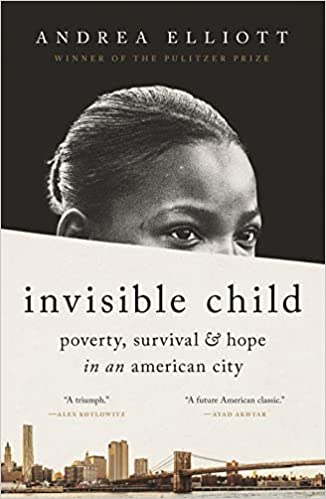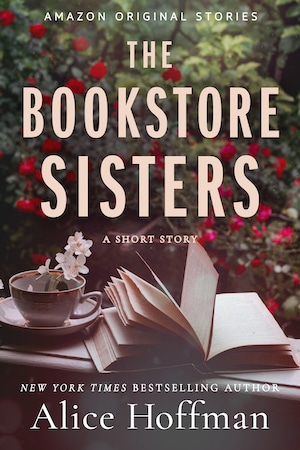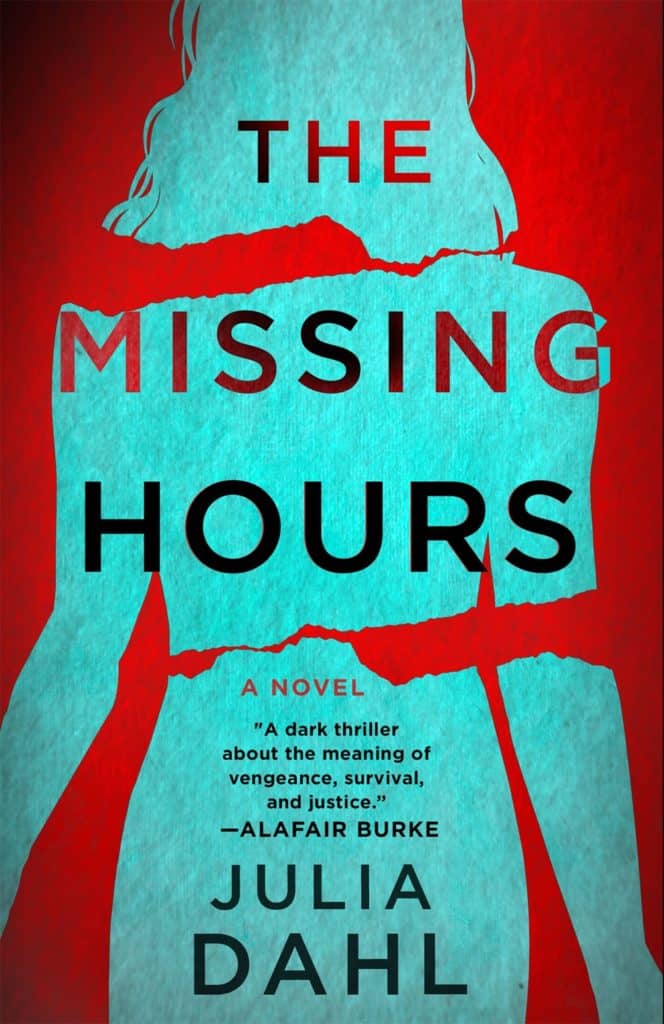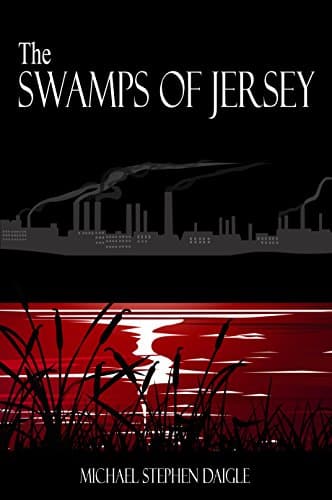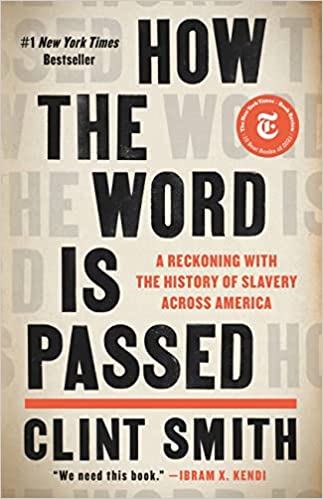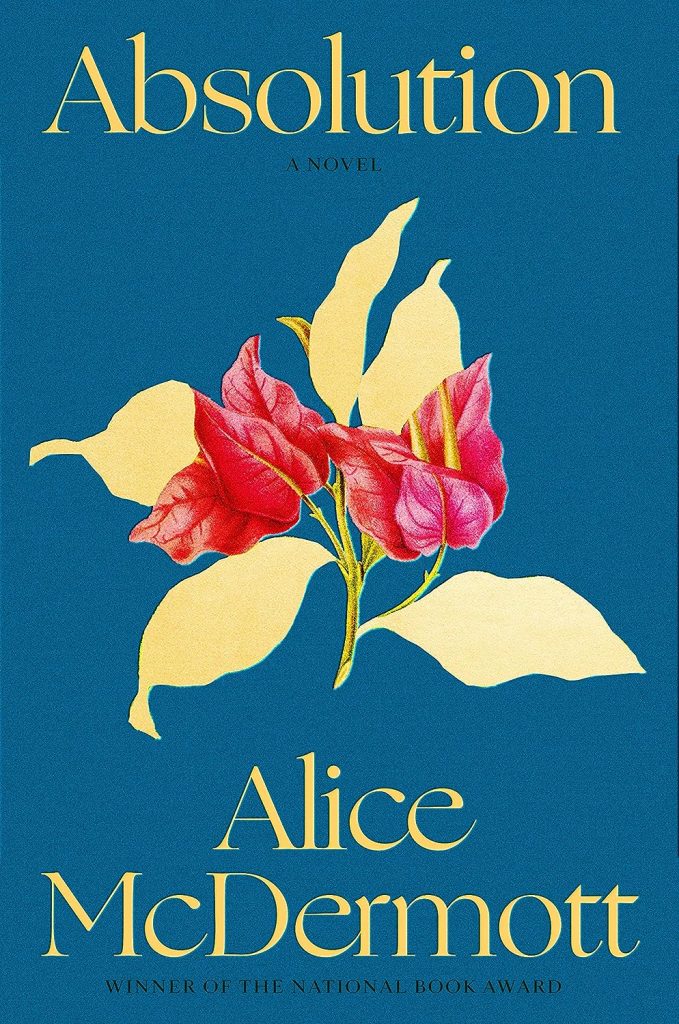Learning From Grief
Estimated reading time: 16 minutes, 33 seconds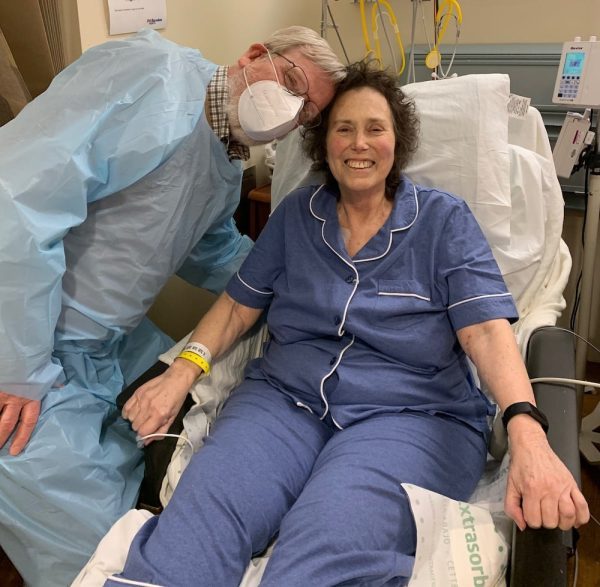
Caregiver or Griever
As I reflect on my journey of caregiving and grieving, I wonder when precisely one transitions from the role of a caregiver to a griever. Does it happen when hospice care begins or after the funeral services are over? Although I am not an expert, I understand this question has no clear-cut answer. For me, the turning point came three years ago when we informed my wife, Jan, that she had only a few weeks left to live and would need hospice care. From that moment on, I found myself looking at my wedding ring and twisting it around my finger, imagining what life would be like without her.
As an ordinary person, I have been struggling with a deep sense of loss for three years. It has left me feeling angry, sorrowful, and grieving. Initially, I was not interested in learning anything from my grief journey. However, I turned to the teachings of the Torah for solace. I have used my ears to listen, arms to embrace, and feet to walk into the future. One day at a time, I have opened myself up to the lessons my grief offers.
When I lost my wife, I decided to face the intense emotions that followed. Instead of getting lost in the overwhelming waves of grief, I chose to embrace them and listen carefully to what they had to say. Though it was a challenging experience, I found the courage to move forward and learn more about myself and the world around me. As a result, I gained a greater appreciation for my resilience and growth potential as I navigated the world alone.
Every day was a struggle, and I found myself constantly dwelling on the days leading up to her passing. However, as time passed, I began to shift my focus away from the pain and towards the positive aspects of our relationship. She is no longer with me, but Jan’s love has transformed my life. She helped me become a better person, and her memory continues to inspire me today. Before she passed, Jan left me with some invaluable advice – to embrace life, to not be consumed by grief, and to find love again. Those words have stayed with me, and I have found solace in knowing that Jan would want me to continue living my life to the fullest.
We typically rely on GPS to guide us and track our progress when embarking on a journey. However, there are no guide markers for those who are grieving. It can be challenging to know how to navigate the complex emotions and uncertainties that come with loss. Recently, I shared my Three Birthday Blessings with Danny, a dear friend who has unwavering support throughout my journey as a widow.
In response, he took the time to provide me with a thoughtful and comprehensive overview of my experiences thus far, helping me to gain a deeper understanding of my personal growth and progress and offering valuable insights for the road ahead.
“You are an incredible person! You are a new person! A better person! Although not here physically, Jan has done so much for you!”
Danny
I am grappling with whether I have undergone a significant transformation and become a new person. Despite my doubts, I have been surprised by the number of friends who have reached out to me to say that I am a source of inspiration to them. These comments have been both humbling and gratifying, as I consider myself an ordinary person who is simply doing his best to deal with the profound grief that has come my way.
Despite my challenges, I remain committed to moving forward and taking each day. I believe that no matter what life throws our way, we can shape our destiny and create a meaningful and fulfilling life.
As I contemplate my journey, I am amazed by the potential that my experiences possess to assist others who might be struggling with loss and grief. By sharing my story and the lessons I have learned, I aspire to extend hope and support to those on the path to recovery. May my experiences serve as a ray of hope to others, illuminating their way through the darkest times.
If you liked this post, you should read Help Me Help, Jan, written a year ago, or A Day of Fear and Hope.
The Jan Lilien Education Fund sponsors ongoing sustainability and environmental awareness programs. All donations are tax-deductible.

This work is licensed under a Creative Commons Attribution-NonCommercial 4.0 International License.
After almost 48 years, I recently lost my wife, Jan Lilien. Like The Little Prince, Jan and I believed that “The most beautiful things in the world cannot be seen or touched, they are felt with the heart.” This blog is a collection of my random thoughts on love, grief, life, and all things considered.



